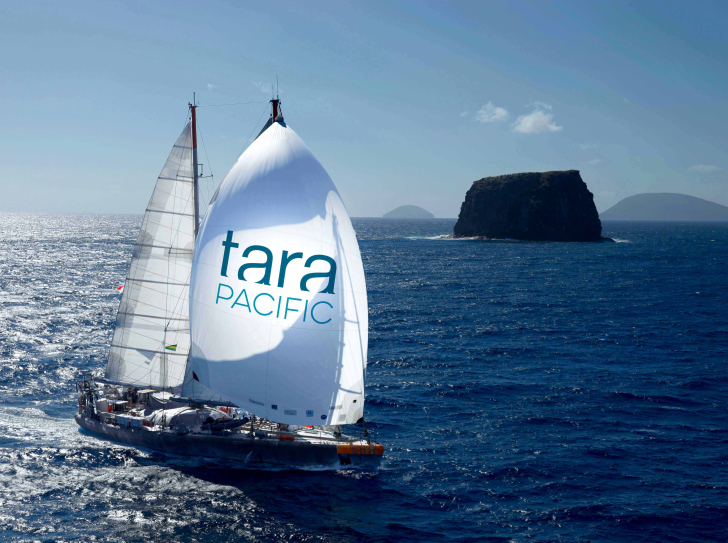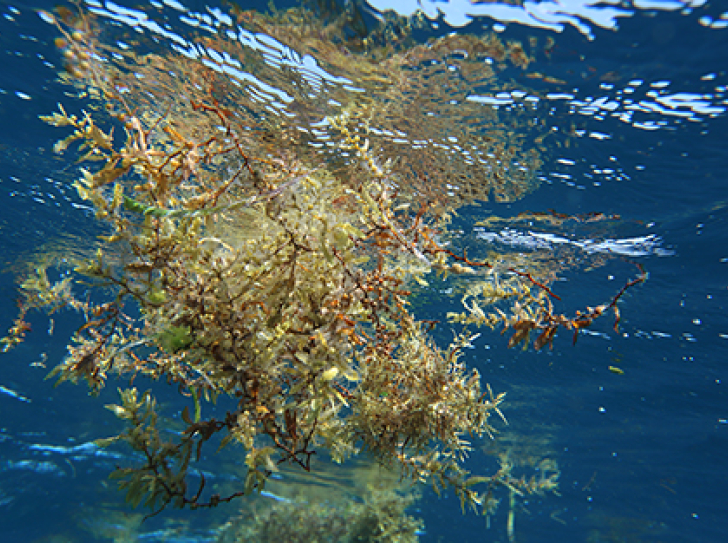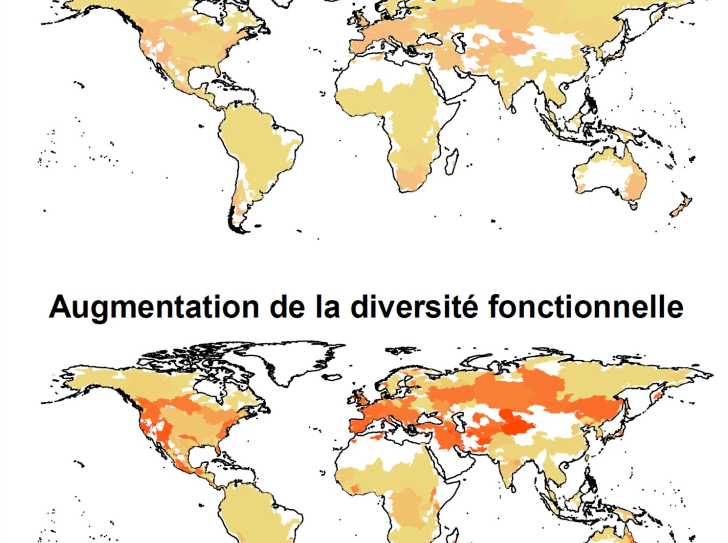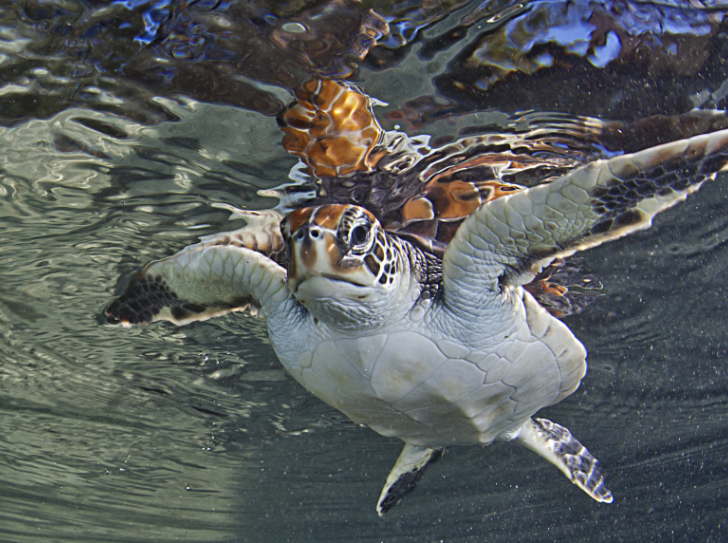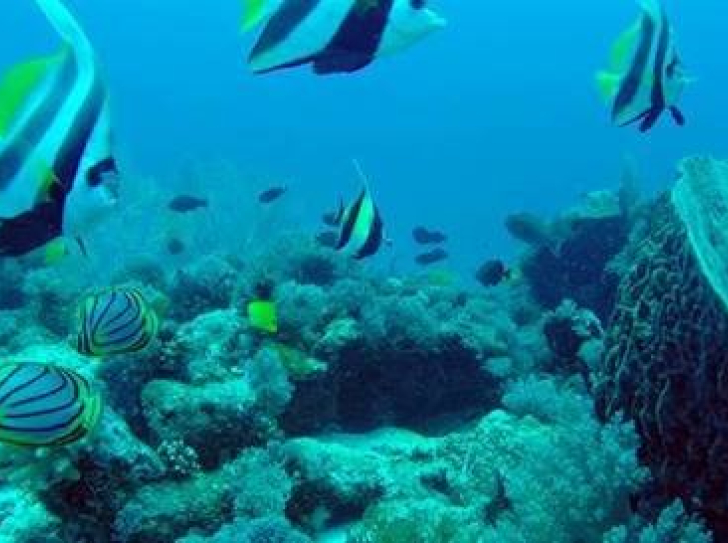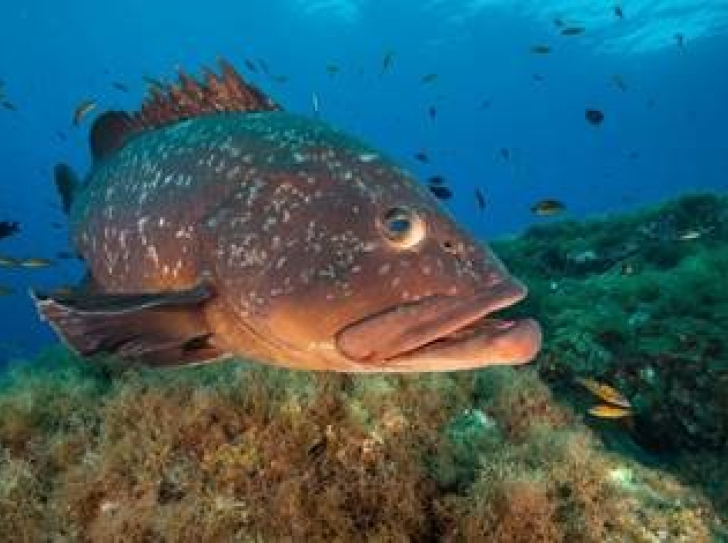News round-up
201 results
Press
Tara back from Pacific expedition with startling data : motley map of reef health
After two and a half years navigating the Pacific, where over 40% of our planet's coral reefs are found, the schooner Tara returned to Lorient, its…
Read more
Press
Thirteen ocean solutions for climate change
Over a dozen international researchers from the Ocean Solutions InitiativeThe Ocean Solutions Initiative is concerned with the future of the ocean…
Read more
Press
A research project in the French West Indies for repurposing Sargassum seaweed
A research team including the CNRS and the Université des Antilles has just launched an 18-month interdisciplinary research project, largely financed…
Read more
Press
Halting biodiversity loss : political actions are required, not additional scientific knowledge
Over 15 years, almost 13,000 scientific papers have been published in the leading conservation science journals. Yet biodiversity remains threatened…
Read more
Press
2018–2022 expected to be abnormally hot years
This summer’s world-wide heatwave makes 2018 a particularly hot year. As will be the next few years, according to a study led by Florian Sévellec, a…
Read more
Press
Did Romans hunt whales in the Mediterranean Sea?
Commercial whaling is believed to have started with Basque whalers ca. 1000 AD, ultimately resulting in the extirpation of right whales (Eubalaena…
Read more
Press
Bacteria ensure square meal for bloodsucking ticks
How do ticks live solely on blood? A study presented in Current Biology (May 31, 2018) has elucidated the crucial role played by symbiotic…
Read more

